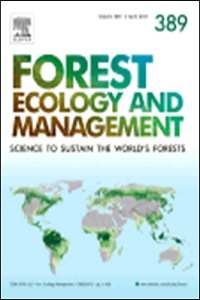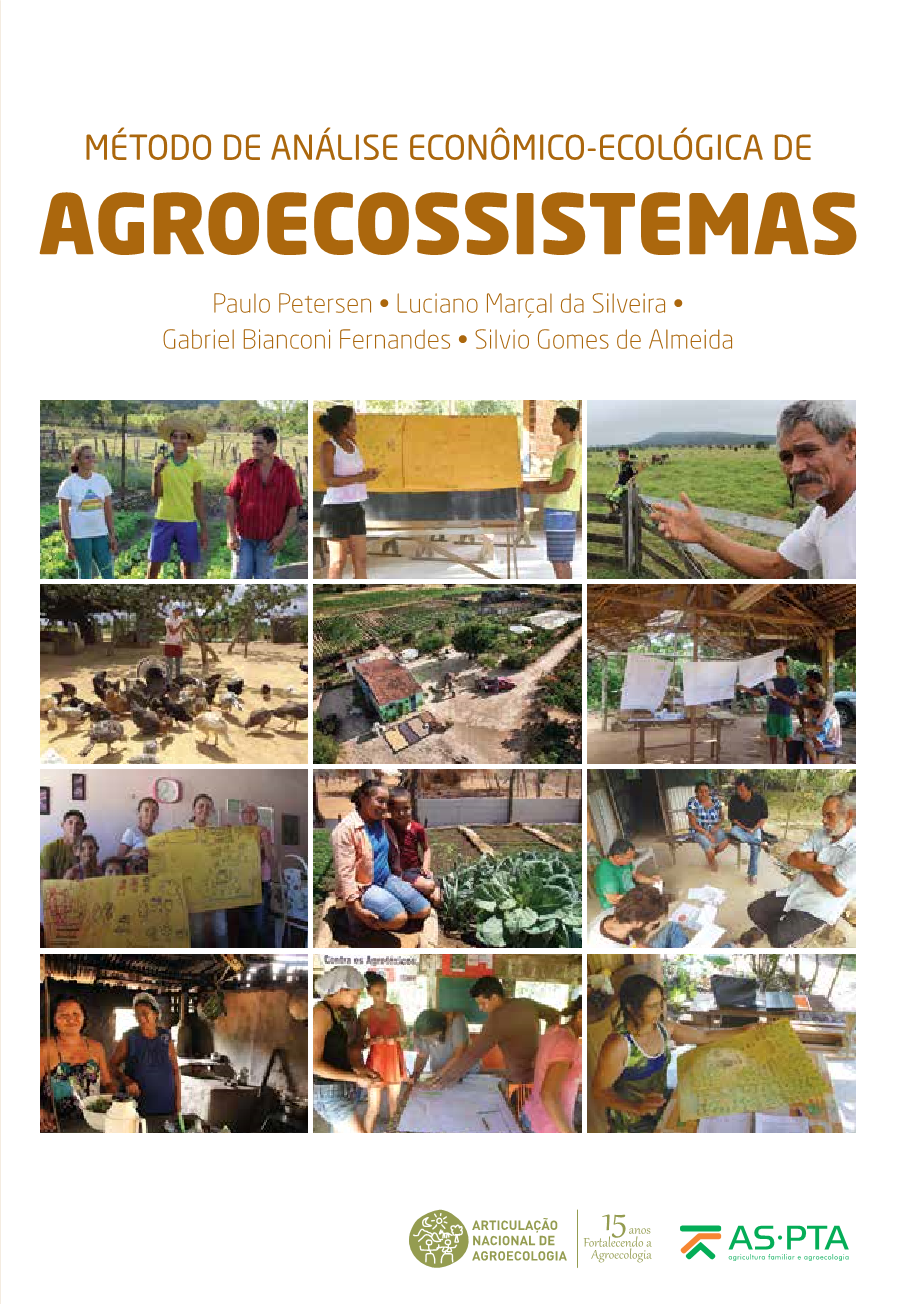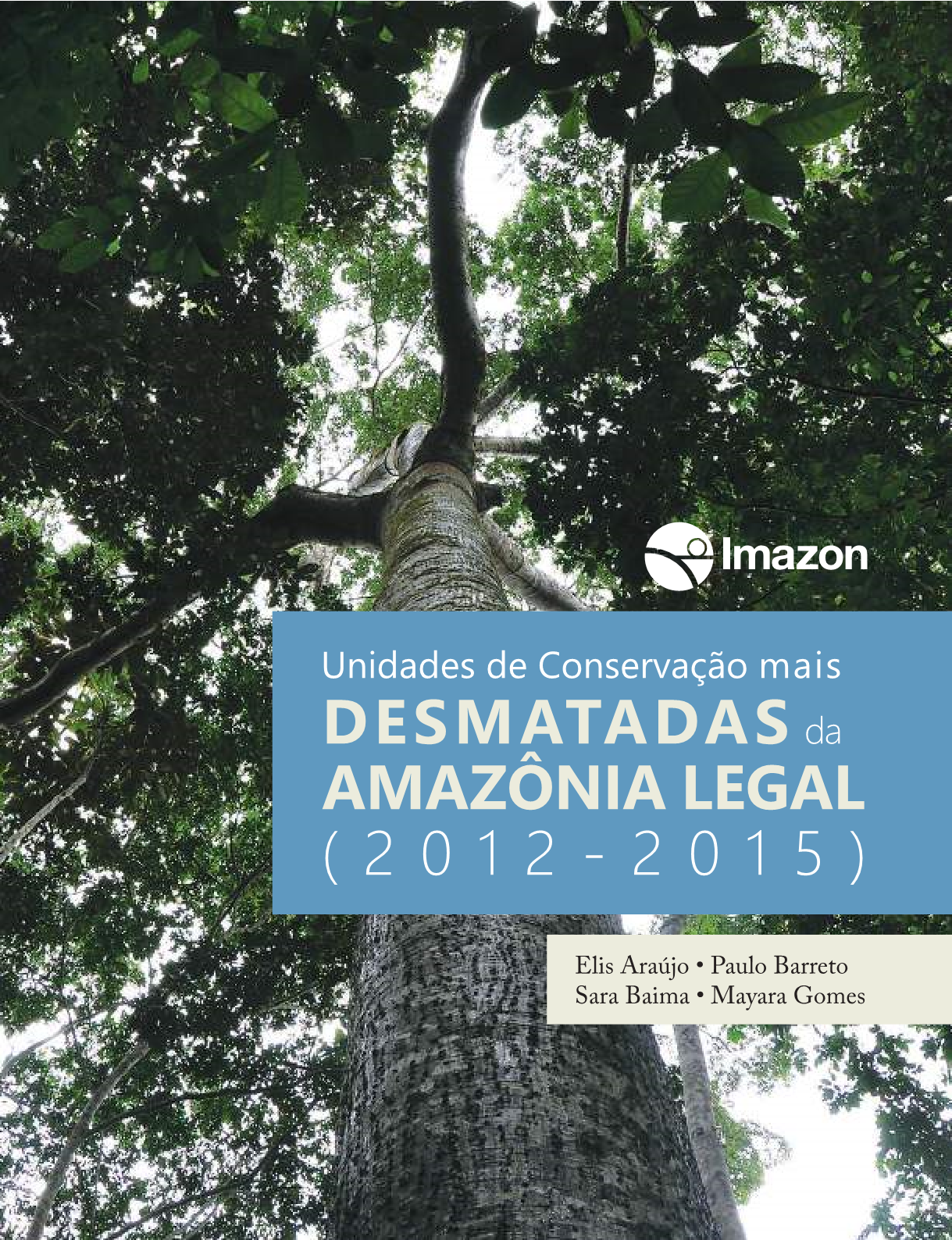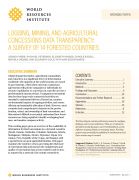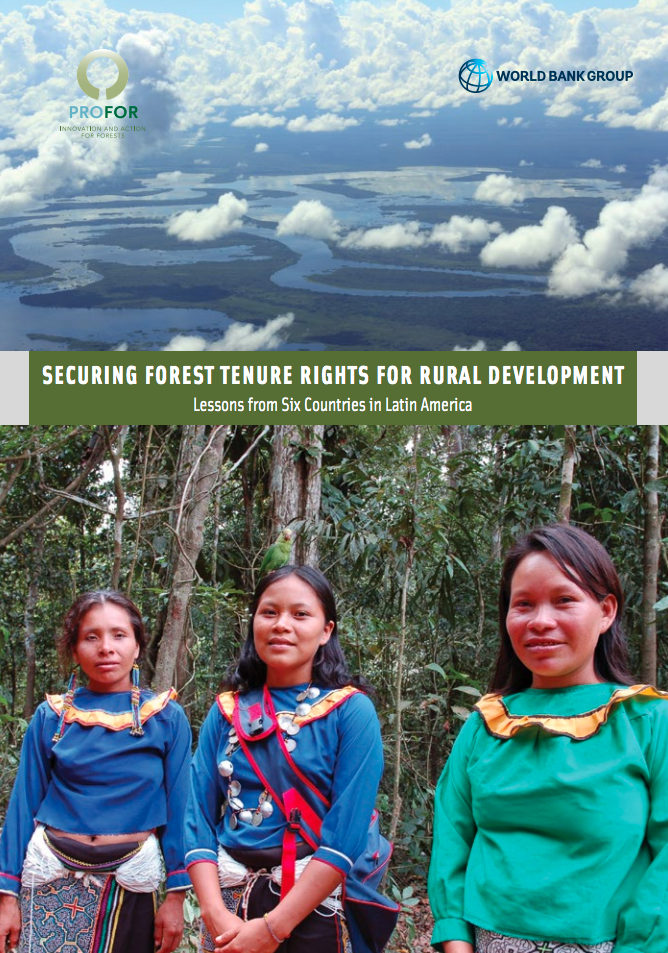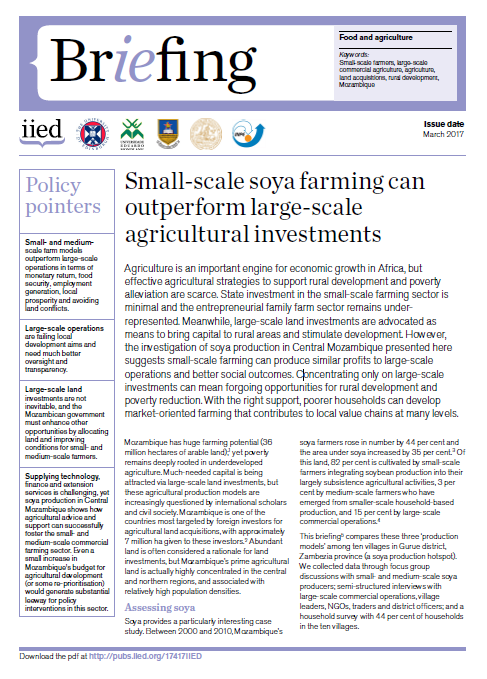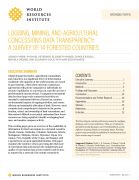Characterizing degradation of palm swamp peatlands from space and on the ground: An exploratory study in the Peruvian Amazon
Peru has the fourth largest area of peatlands in the Tropics. Its most representative land cover on peat is a Mauritia flexuosa dominated palm swamp (thereafter called dense PS), which has been under human pressure over decades due to the high demand for the M. flexuosa fruit often collected by cutting down the entire palm. Degradation of these carbon dense forests can substantially affect emissions of greenhouse gases and contribute to climate change. The first objective of this research was to assess the impact of dense PS degradation on forest structure and biomass carbon stocks.

